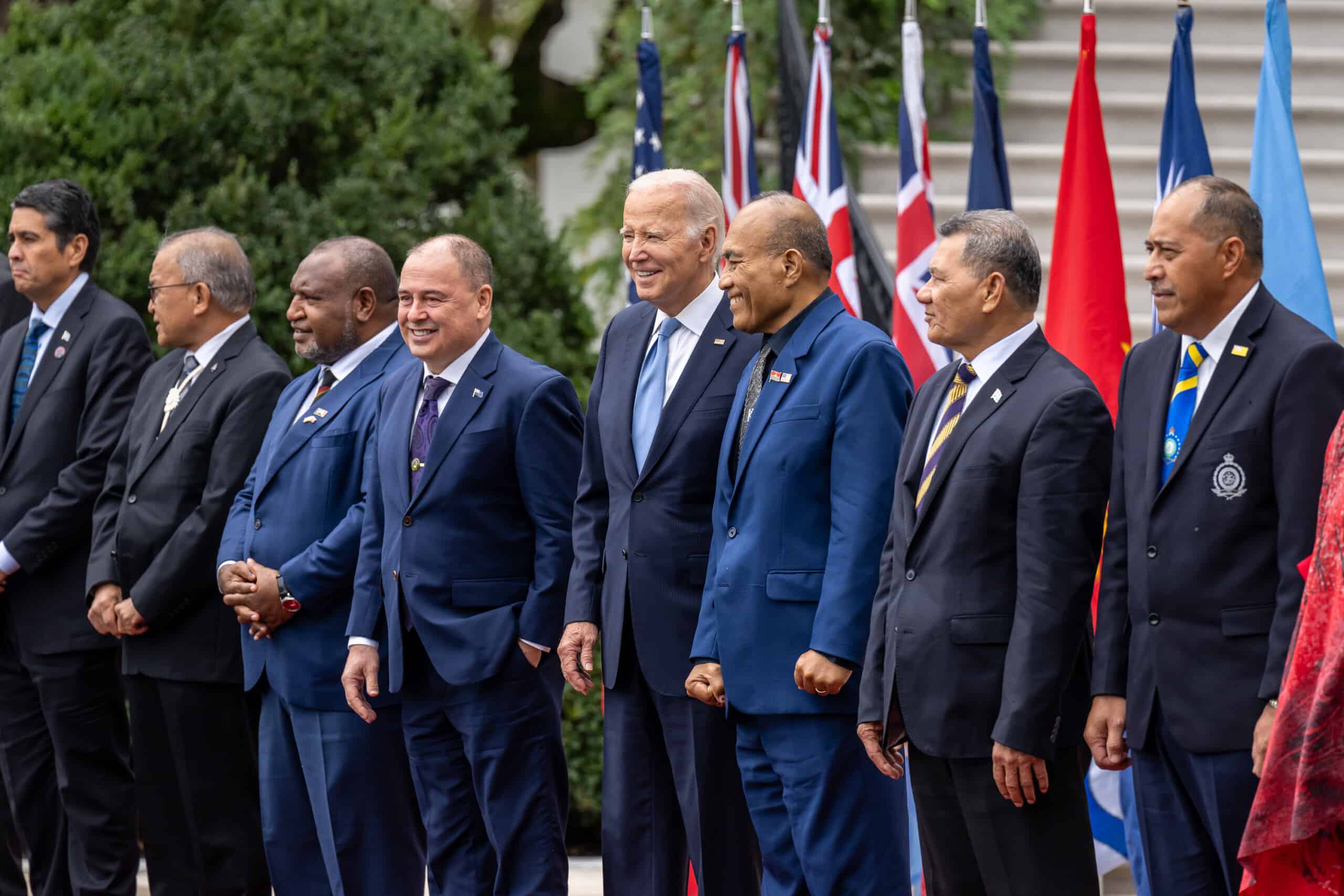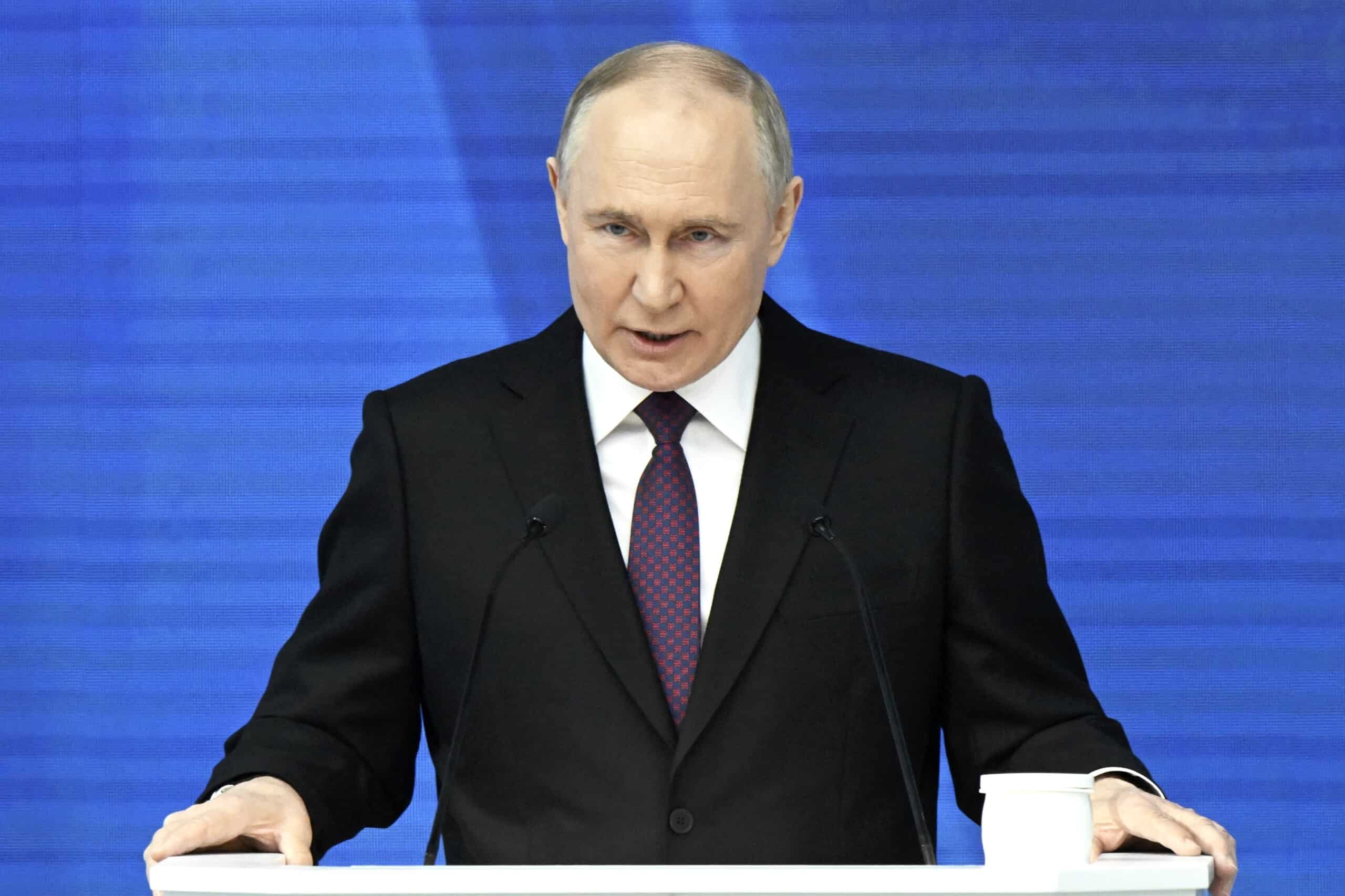Good evening. When it comes to the ‘chip wars’, one thing has been taken as a given: So long as China can’t get its hands on advanced lithography machines (like those made by Dutch powerhouse ASML), its national chip efforts will remain stalled. But what if China develops its own lithography machines? Our cover story looks at Shanghai Micro Electronics Equipment (SMEE), China’s wannabe ASML, and how it became the critical variable in China’s effort to domesticate chipmaking.
Elsewhere, we have an interview with Nancy Pelosi on fighting the fight over China; infographics on the great power game playing out in the Pacific island countries; a reported piece on how Google’s alleged thief wooed investors; and an op-ed arguing that Russian nuclear anti-satellite weapons are not good news for China. If you’re not already a paid subscriber to The Wire, please sign up here.
Want this emailed directly to your inbox? Sign up to receive our free newsletter.

Printer Problems
Shanghai Micro Electronics Equipment (SMEE) wants to be ‘China’s ASML’ and produce the engineering marvels that help ‘print’ semiconductor chips. But it seems to be woefully behind that mission, imperiling China’s effort to domesticate chipmaking at a critical time. With a vast network of suppliers and all of China rallying for it to succeed, can SMEE finally catch up? Eduardo Jaramillo reports.

The Big Picture: The Pacific Power Game
With a new multi-billion dollar aid package to Pacific island countries, the U.S. is trying to keep up with China in a strategically important region. This week’s infographics by Aaron Mc Nicholas look at the state of relationships that the U.S. and China have in the Pacific and assesses their importance amid both countries’ national security priorities.
A Q&A with Nancy Pelosi

Nancy Pelosi is a political leader of historic consequence. She was the first woman elected Speaker of the House (2007–2011) and was elected again from 2019–2023. She remains a House member after giving up the speakership. China has played an important role in her career. She made her early reputation as a lawmaker, in part, by leading the fight for human rights in China and trying to pressure China to make progress on the issue or lose its U.S. trade preferences. Near the end of her tenure as Speaker, she made a controversial visit to Taiwan, which Beijing used as a rationale to sharply increase military and political pressure on the island. In this week’s Q&A with Bob Davis — part of our ‘Rules of Engagement’ series — she talks about her long involvement with Chinese issues, why she visited Taiwan and how ‘big money’ interests have dominated the U.S.’s approach to China.
Nancy Pelosi
Illustration by Lauren Crow

How Google’s Alleged Thief Wooed Investors
The case of an employee at the U.S. internet giant who allegedly leaked artificial intelligence secrets raises questions for his Chinese backers. Eliot Chen reports.

A Russian Nuclear Anti-Satellite Weapon Is Not Good News for China
In this week’s op-ed, Brian Hart and Joseph Webster argue that Russia’s alleged development of nuclear anti-satellite weapons capability could upend strategic stability between the three most powerful nuclear-armed states: the United States, China, and Russia.

Subscribe today for unlimited access, starting at only $19 a month.



